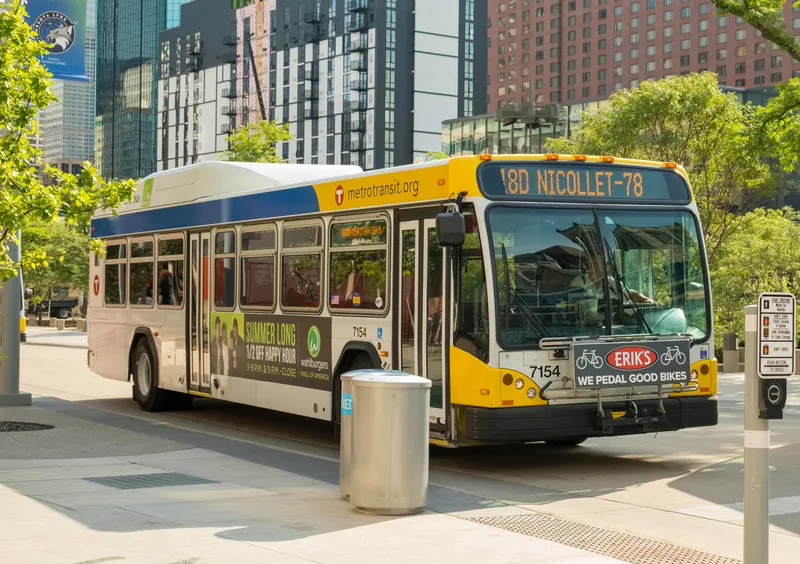Hands-free ticketing technology is helping 50 disabled commuters enter and exit four stations in Singapore more easily. The participants can pass through Mass Rapid Transit stations without needing to tap their fare cards at dedicated gates.
These hands-free gates are located at Redhill, Bahru, Kembangan and Bedok stations.
The project stems from an agreement between the Land Transport Authority (LTA) and ST Engineering. Other partners include disability agency SG Enable and voluntary welfare organisation SPD.
Participants can use a radio frequency identification device test card or Bluetooth-enabled mobile phone with a dedicated app at the fare gates.
LTA and its partners say they will assess the effectiveness of the trial and decide whether it can be deployed on a broader scale.
Singapore trials hands-free ticketing for disabled commuters
Hands-free ticketing technology is helping 50 disabled commuters enter and exit four stations in Singapore more easily. The participants can pass through Mass Rapid Transit stations without needing to tap their fare cards at dedicated gates. These hands-free gates are located at Redhill, Bahru, Kembangan and Bedok stations. The project stems from an agreement between the Land Transport Authority (LTA) and ST Engineering. Other partners include disability agency SG Enable and voluntary welfare
June 27, 2018
Read time: 1 min









